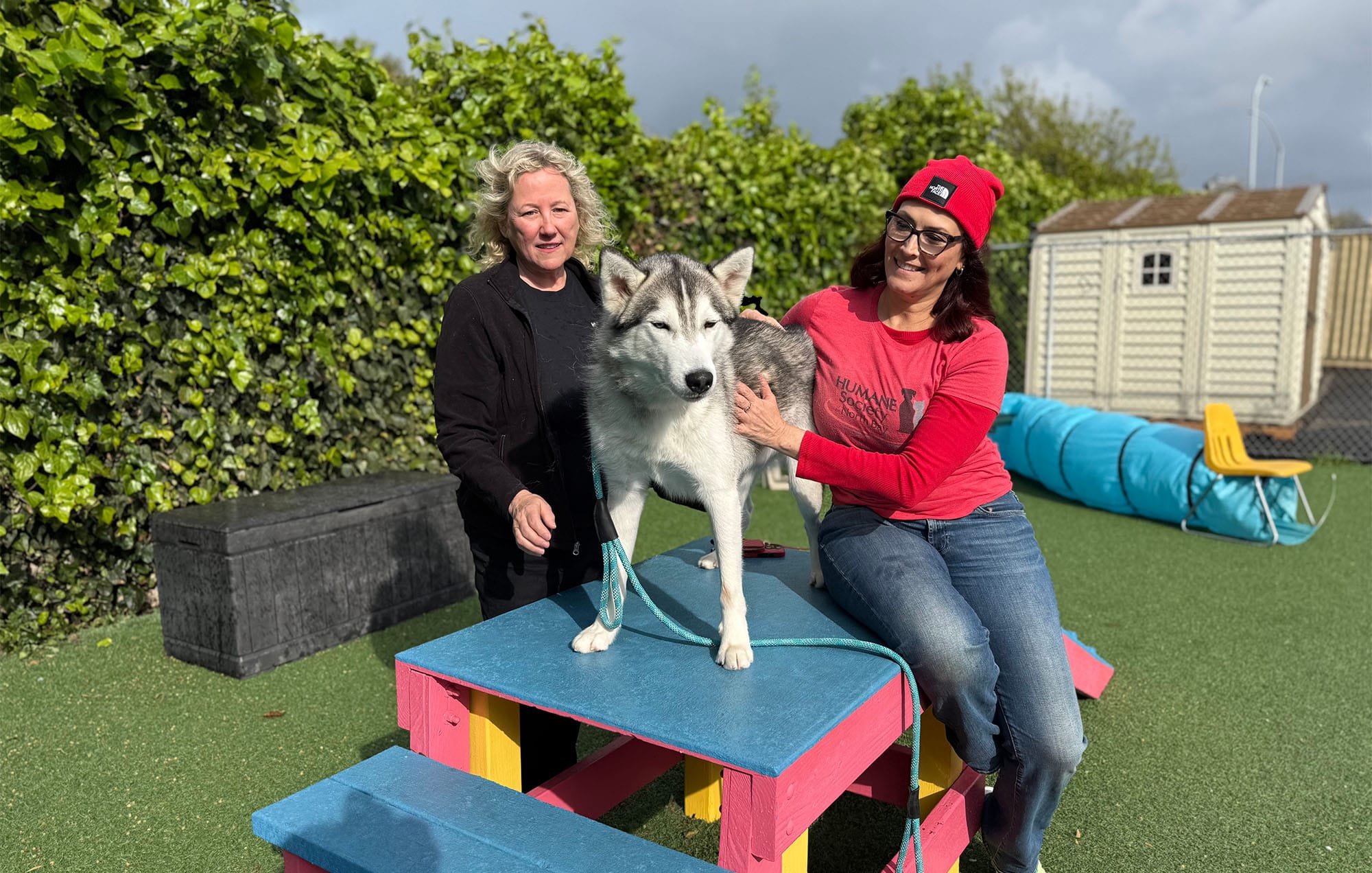BENICIA – Four candidates are running for two seats on the Benicia City Council this year. Five-term Councilmember Tom Campbell declined to run for reelection. Incumbent Trevor Macenski is challenged by Benicia LGBTQIA Network founder Christina Gilpin-Hayes, former Councilmember Lionel Largaespada and engineer Franz Rosenthal.
Benicia does not have council districts and all councilmembers are elected by the entire city. The top two vote-getters will be elected. Ballots were mailed to all voters this week and must be postmarked by Nov. 5. Or voters can vote in person on Nov. 5, Election Day.
How we reported this story: We solicited questions from our audience and attended community forums to find out what questions mattered most to Benicia voters. We then interviewed each of the candidates to learn more about their positions and what they plan to do in office. You can find out more about how we cover elections on our FAQ.
Christina Gilpin-Hayes
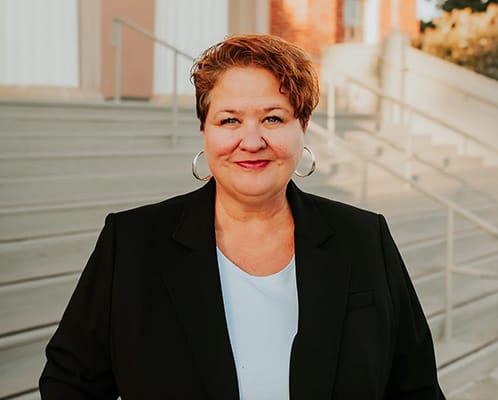
Christina Gilpin-Hayes moved to Benicia about three years ago, but she’s already made an impact in her community. An operations manager at a large international law firm, Gilpin-Hayes grew up in Northern California and moved to Benicia from Oakland with her wife. They started the Benicia LGBTQIA Network, which has monthly events, including dinner parties, nights out and outreach efforts.
“That's how people started to get to know me, that's why I was approached and asked to consider running,” she said.
Gilpin-Hayes said that she would explore creative ways to boost the city’s revenue and address its budget deficit by attracting new businesses. She said she particularly wants to focus on the industrial park up on East Second Street, where there are numerous vacant buildings.
While there is no “magic pill” to attract businesses to the area, Gilpin-Hayes said, “I really do think that sometimes you have to throw a bunch of ideas against the wall and see what sticks."
In the meantime, while expressing empathy for residents’ tax fatigue, Gilpin-Hayes said she supported the tax measures on this year’s ballot to address the city’s budget crisis. "I understand the feeling of being over it,” she said. “Even if the community approves this tax measure, we'll still be lower than a lot of our adjacent communities."
If Measure H passes, Benicia’s sales tax would be the highest in Solano County, but lower than Martinez and Concord.
Gilpin-Hayes also said Benicia’s population needs to grow, but rather than building on open space, she would rather focus on infill and condensed housing, including condos and senior housing, while making sure services are able to grow with the population. She said senior housing is particularly important, as seniors who want to downsize their home or move into assisted living often leave the city.
"There's ways to do this mindfully rather than just throwing every single open space up for development,” she said.
Gilpin-Hayes said that she thinks the city should take a stronger role in regulating industry, including Valero and the Port of Benicia. “I do think the city has a right to be involved in addressing those concerns,” she said. “We can't just rely on county or state or even federal agencies.”
But while she is supportive of the efforts, she is not sure what form an industrial safety ordinance would take, as she said that Valero had valid points in response to a draft ordinance published earlier this year.
“It's a conversation and it doesn't have to be adversarial and I hope it doesn't go to litigation,” she said.
- Fundraising: As of late September, Gilpin-Hayes reported raising $13,215.
- Endorsements: Gilpin-Hayes’ endorsements include California State Senate Candidate Christopher Cabaldon, Solano County Supervisors Monica Brown and Wanda Williams, Solano County Supervisor-elect Cassandra James, Benicia Mayor Steve Young, Benicia City Councilmembers Tom Campbell, Terry Scott, and Kari Birdseye, the Solano County Democratic Central Committee and Progressive Democrats of Benicia.
Lionel Largaespada
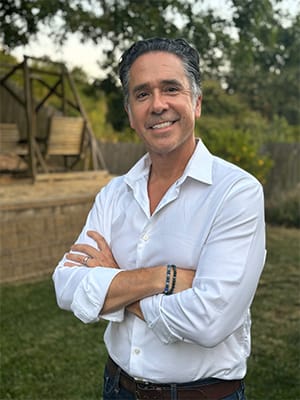
Lionel Largaespada was elected to the Benicia City Council in 2018, but narrowly lost a reelection bid in 2022 and is looking for a comeback. Largaespada, director of marketing and business development for Benicia-based F3 & Associates, has stayed active in the community since his loss and is on the boards of the Benicia Chamber of Commerce, Benicia Main Street, and the Benicia Community Action Council.
When asked why he wants to run again so soon after the loss, Largaespada points to the slim margin: 152 votes out of about 23,000 cast.
“I loved it. I really loved serving this community as a councilmember,” Largaespada said. "The other reason, there is a segment of the population that doesn't feel represented on this council."
Largaespada has long been a dissenting voice with regard to tax policy. He opposed a sales tax increase in 2022 that was supported by the rest of the council. This year, after the council adopted some accountability recommendations he made, he supported an emergency sales tax hike that Benicia voters approved in March. But he doesn’t support two other tax hikes on November’s ballot.
“We just really need to take a hard look at the expenditure side of the ledger,” he said. “These taxes frankly are just coming at a bad time. I don't know if there's a good time to ask for taxes, if you look at the last two years there have been five tax measures. I hear from many residents that enough is enough.”
Benicia’s city manager warned last year that without new tax revenue, Benicia would have to cut services and potentially lay off city staff. But Largaespada said that he thinks that the city could save money by cutting down on consulting contracts.
“The council really needs to look at what we outsource and why we outsource, and that's where you make the tougher decisions,” he said.
Lagaespada also said that the city should try to increase its tax base by attracting new businesses. “We need to continue to invest in our infrastructure, given the financial realities of that, we need a strategy that encourages public-private partnerships,” he said. “Could we start conversations with some of the biggest tenants, Valero, Amports, the people that bring the trucks in and out? How can we work together to share the costs to maintain, repair and expand those roads out there?”
He suggested proactively bringing business out to the industrial park to sell them on relocation to Benicia. "We should be printing money up on that hill,” he said. “We've got port access, we've got rail access, and we're surrounded by four airports."
Largaespada’s campaign was criticized in previous elections for receiving support from Valero through its political action committee, which is legally prohibited from coordinating with his campaign. “I never asked for it, I never received direct benefit,” he said. “I think it was an error for them to get involved in our election.”
This year, Valero closed its PAC and so far does not appear to have taken any political positions. For his part, Largaespada said that he is supportive of the city regulating Valero, but questions the extent that it legally is able to as most of the regulatory power lies with the federal and state government.
But he said that the city should work with Valero to expand its air quality notification system and suggested that the city may be able to recover costs for when Benicia police and fire are called out to the refinery.
- Fundraising: As of late September, Largaespada reported raising $22,782.
- Endorsements: Largaespada is endorsed by the Benicia Dispatchers Association, the Benicia Police Officers Association, the Benicia Firefighters Association, the Napa Solano Central Labor Council, the Solano Association of Realtors and state Sen. Bill Dodd.
Trevor Macenski
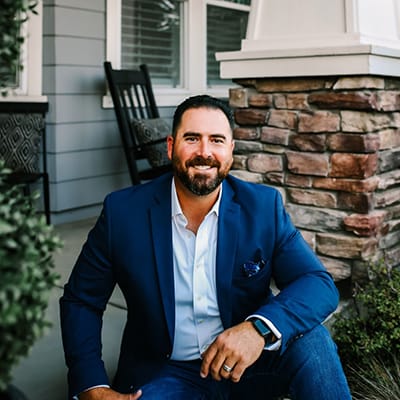
Since Trevor Macenski moved to Benicia with his family a decade ago, he served in the SolTrans Community Advisory Panel and the Valero Community Advisory Panel, he was a member of the Historic Preservation Design Review Committee, and a Planning Commissioner. In 2020 he was elected to the city council.
Macenski, an urban and environmental planner who consults with cities and counties across California on land development and policy issues, is running on three main priorities: executing the fiscal sustainability plan created by the current legislature; expanding economic development with new commercial and retail centers and housing, so Benicia can generate more revenue; and ensuring public safety and security.
During his first term, the city council reviewed the downtown mixed use master plan and zoning to encourage development. Macenski said he would continue to advocate for the redevelopment and reuse of properties within the downtown and Arsenal areas.
He would also push to revitalize the Industrial Park area, attracting different types of businesses, such as green jobs, tech or bio manufacturing companies, and research and development businesses. That would require the city to invest in modern day amenities, like high speed internet, good lighting and access.
Regarding new housing, Macenski said that under state law developers are required to pay their fair share of impact fees associated with infrastructure. He added that some of the parcels in East Fifth Street closer to the freeway can rise up to five stories.
“We’re trying to create a form which would be attractive for the market to come in, so we can try to get additional units and facilitate some growth within town,” he said.
That development, though, would not impact Benicia’ character, he said. “Benicia’s character is what makes it such a quaint, attractive community. As a city council member, we want to try to retain that to the best ability possible.”
Community members said in past public forums that the new housing developments proposed are not equitable, because they lump affordable housing on Benicia’s east side instead of in more attractive areas such as downtown. Macenski asserted that the California Department of Housing and Community Development found the plan to be in line with what the state requires in terms of equity.
Macenski voted yes on putting Measures F, G, and H on the ballot. “I was instrumental in negotiating the rate associated with the real estate property transfer tax and working with our Solano County Association of Realtors,” he said.
He declined to declare his position about moving Valero’s cooperation agreement into an industrial safety ordinance plan because it’s a business item that will come before him while he’s in council. Likewise, he didn’t declare a position pro or against California Forever, but pointed out that his private company prepared the environmental report which made California Forever withdraw from the November ballot.
- Fundraising: As of late September, Macenski reported raising $7,695.
Franz Rosenthal
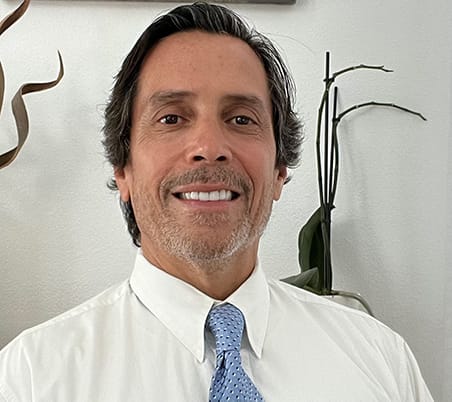
Franz Rosenthal is an engineer who moved to Benicia with his wife and three children in 2018 to work at Valero. He has since departed that role, and works at biotechnology company Genentech in Vacaville. But he said that his family fell in love with Benicia.
“I love Benicia and I have no plans to move,” he said. “And I hope that my kids also stay in Benicia and that there's still a great Benicia to live in and raise their own families."
Rosenthal said that he was motivated to run because he thinks he can help with the city’s budget issues.
“I think that we're at a crossroads right now with our budget deficit and the direction the city's heading in has led us to this point and it's time for a change,” he said. “The city is not a business but it does have revenue and expenses, we're at a point where we need to do better matching the two.”
He praised the work of City Manager Mario Giuliani, and said he supported the tax measures on the ballot as “a step in the right direction.” But he said the city needs to do more work to increase revenue.
“We need to find more revenue generating venues through more sales tax,” he said, adding that most of the sales tax collected in Benicia is collected through Amazon. To that end, he suggested that some places in Benicia could be rezoned, such as the industrial park area.
“That would be an area of great interest to any large retailer because of access to the interstate,” he said. “Those are the kind of things that will attract the sort of businesses that we need.”
He also said that Benicia needs to streamline its permitting processes because it can be daunting for entrepreneurs to start a small business in Benicia.
Despite working at Valero for four years, Rosenthal said that it did not play into his decision to run for council. However, he said that he is skeptical of efforts for the city to regulate the refinery and is not in support of Benicia enacting an industrial safety ordinance.
He said that the refinery is already heavily scrutinized by the federal Environmental Protection Agency and the Bay Area Air Quality Management District, and the city should push those agencies to coordinate better with the city.
Passing a new ordinance, he said, may just push Valero to leave and sell the refinery, which could lead to it being dismantled or taken over by a company that will do a worse job operating it.
Before you go...
It’s expensive to produce the kind of high-quality journalism we do at the Vallejo Sun. And we rely on reader support so we can keep publishing.
If you enjoy our regular beat reporting, in-depth investigations, and deep-dive podcast episodes, chip in so we can keep doing this work and bringing you the journalism you rely on.
Click here to become a sustaining member of our newsroom.
THE VALLEJO SUN NEWSLETTER
Investigative reporting, regular updates, events and more
- Elections
- Election 2024
- Benicia
- Benicia City Council
- Benicia City Hall
- Trevor Macenski
- Christina Gilpin-Hayes
- Lionel Largaespada
- Franz Rosenthal
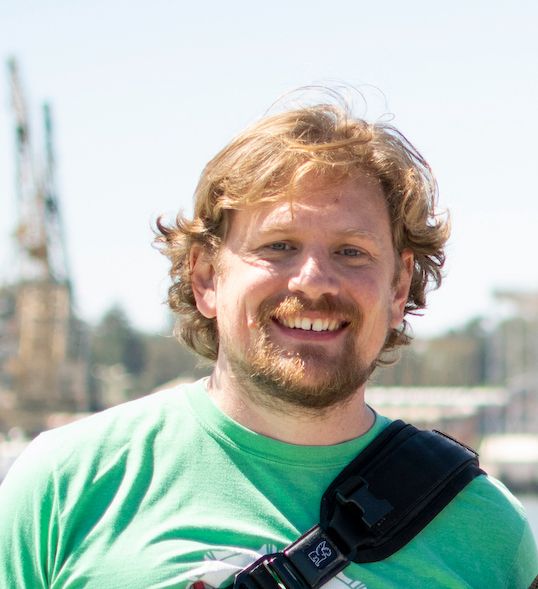
Scott Morris
Scott Morris is a journalist based in Oakland who covers policing, protest, civil rights and far-right extremism. His work has been published in ProPublica, the Appeal and Oaklandside.
follow me :



